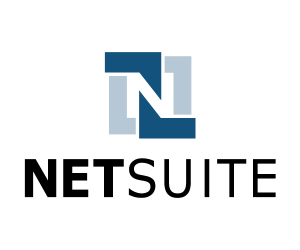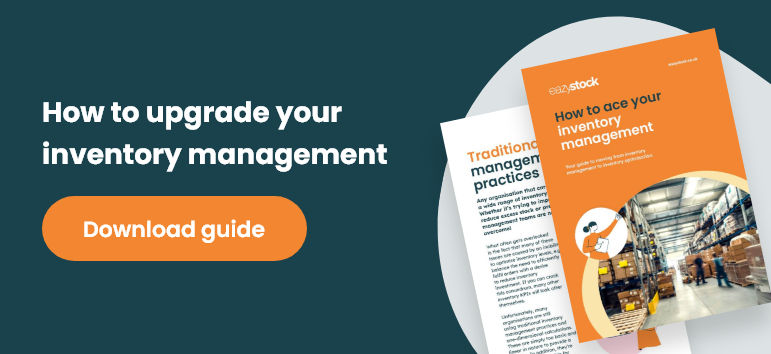NetSuite and Oracle merger: ERP for a wider market
Introduction to NetSuite ERP software
 NetSuite was the very first company providing cloud software solutions to businesses, and they have continued to be number one ever since. One of the leading suppliers of Enterprise Resource Planning (ERP) software, the NetSuite solution to ERP is the one most preferred solutions deployed by businesses around the globe.
NetSuite was the very first company providing cloud software solutions to businesses, and they have continued to be number one ever since. One of the leading suppliers of Enterprise Resource Planning (ERP) software, the NetSuite solution to ERP is the one most preferred solutions deployed by businesses around the globe.
The multi-operational nature of most distribution businesses means that reconciling support functions such as HR with the core business can sometimes present a challenge; it is difficult to gauge the impact of these functions on the business’s bottom line without adequate data, and this in turn can cause difficulty when aiming to streamline processes while identifying inefficiencies. To change this, after being founded in 1998, NetSuite progressed into developing software that could process company-wide data and collate real-time information on a single dashboard interface.
In July of 2016, Oracle Corporation announced the acquisition of NetSuite. With an operating revenue of US$37.04 billion as of 2015, the organization is better placed to use its economies of scale and global reach to bring NetSuite’s products to a wider market and ensure their continuing viability.
The four key benefits of NetSuite:
1. Faster and better decision making
The movement of goods in the wholesale distribution environment is fast-paced, and traditional inventory management systems have a significant lag in reporting. This can have a detrimental effect on decision-making, as the information is not available to make informed decisions.
NetSuite’s fully-automated software collates real-time information as stock enters and passes through the warehouse, and this data is fed to the personalized dashboards of each person in the decision-making process. Operations managers can facilitate inventory optimization by gaining a fully agile overview of the process as it happens, and further tiers of management can also gain an overview of distribution functions as part of company-wide operations.
2. Smarter financial management of resources
The wholesale distribution of durable goods requires that stock be kept readily available so that orders can be filled quickly to meet customer demand. A hidden cost in the supply chain is excess stock which can reduce liquid capital, and it can also result in stock obsolescence. The NetSuite solution can aid in demand planning to reduce the gap between stock procurement and order fulfillment. This means that capital is realized quickly in order to maintain liquidity and profitability.
3. Increased employee productivity, reduced administration
NetSuite is a cloud-based Software as a Service (SaaS), and this means that the hardware investment and maintenance associated with such a product is small to non-existent. A business’ technology infrastructure can be easily configured to work with Netsuite’s software, making real-time information available to all employees anywhere at any time. Stock management is automated so goods can be tracked at any point in the distribution cycle. Distribution managers can use the information generated by the software to aid with forecasting, and the increased efficiency as a result of stock optimization can enable them to reduce staffing costs.
 Furthermore, the information generated by the warehousing software can enable HR managers to generate employee performance metrics and use them to increase overall productivity.
Furthermore, the information generated by the warehousing software can enable HR managers to generate employee performance metrics and use them to increase overall productivity.
Benefits of the Oracle and NetSuite merger
Oracle’s acquisition of NetSuite will aid businesses worldwide by bringing this important ERP software to a wider audience. As the corporation has no specific ERP software of its own, this will enable it to add this function to its product portfolio.
While the NetSuite package is the single most used cloud ERP system, ERP systems as a whole are an underused resource. The acquisition enables both companies to merge their customer bases in order to bring their own products to customers with similar needs.
As many of the cloud based packages that have been developed by both companies are complementary, this will serve as a force multiplier for both organizations: while some clients already use the NetSuite ERP software, they may also benefit from additional warehouse management systems produced by the partner corporation. As both these systems can work together to produce valuable ERP data, this will further benefit customers.
In addition, Oracle can leverage its financial advantage and global reach to bring ERP software to smaller businesses at a reduced cost, bringing added benefits to the business world.
Optimizing your NetSuite ERP
NetSuite’s ERP gives companies awareness into a vast array of capabilities. With so many areas to cover, however, some capabilities can use an add-on solution to optimize insights. The NetSuite solution provides visibility into supply chain and inventory management, order and billing management and fulfillment, financial planning and management, and human capital management. The ERP is reported to have strong financial capabilities especially, but areas involving the supply chain and warehouse could use some additional power to optimize processes further.
This is where EazyStock comes in. With EazyStock’s cloud-based inventory optimization software, you get additional insight into your supply chain and inventory such as automated procurement, comprehensive data analysis, and multi-echelon warehouse management. EazyStock helps you manage your process from start to finish by automatically analyzing your past data to forecast future trends and help you order accordingly.





